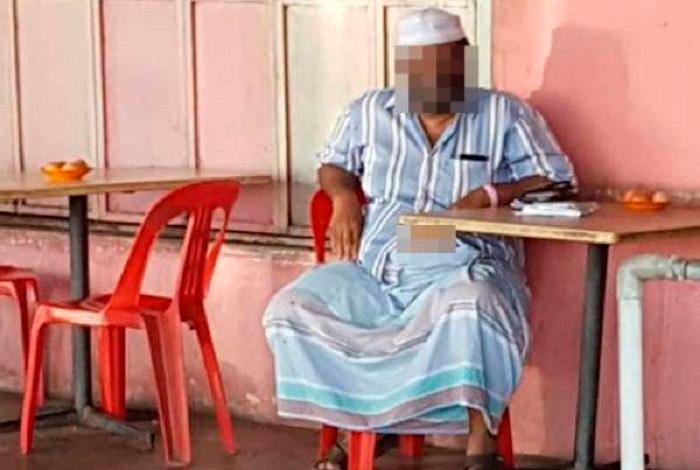PETALING JAYA: A RM1,000 fine for those who violate their home quarantine, as in the case of the Sivagangga cluster perpetrator, is minuscule compared to the risks and danger they pose to the lives of others.
Experts are urging the authorities to take more severe action against the violators, beyond the maximum compound allowed under the Prevention and Control of Infectious Diseases Act.
Law expert Prof Datuk Salleh Buang suggested that the government take legal action under the Penal Code, considering the gravity of the issue as the Sivagangga cluster in particular has infected more than 40 individuals.
“Under the Act, the maximum fine of RM1,000 may seem a lot for minor offences like not wearing face masks, but the amount is hardly enough for putting lives at risk.
“This is where the Penal Code can come in. There are a couple of provisions on criminal negligence that allow for action to be taken against such offenders,” he said yesterday.
“Perhaps the police should seriously consider initiating a case on this.”
Salleh said action can be taken ether under Section 269 of the Penal Code for negligent acts that are likely to spread infections of any dangerous diseases, or under Section 336 for committing acts that endanger life or the personal safety of others.
Those found guilty under Section 269 are punishable with a maximum prison term of six months or a fine, or both, while Section 336 allows for imprisonment of up to three months or a fine of up to RM500, or both.
“I think this is the right way to go. Otherwise, the public will keep ignoring the standard operating procedures. The fact that cases related to the Sivagangga cluster have spread to Penang and Perlis (warrants) police action,” he added.
Salleh was asked whether the RM1,000 compound was sufficient punishment for the man responsible for creating the cluster when he disregarded a home quarantine order after returning from Sivagangga in India.
The 57-year-old nasi kandar restaurant owner, who is a permanent resident here, had visited his restaurant before a subsequent screening found him positive for Covid-19.
By then, he had infected several members of his family as well as his workers at the restaurant.
Thomson Hospital Kota Damansara head of emergency services Dr Mohamed Al-Hadi Mohamed Razhi said criminal charges, leading to a fine and jail term, were needed to deal with individuals who breach home quarantine orders.
He suggested that the government revoke the passes and permits of foreigners who commit such an offence.
“Only via this way will the government be able to get the message across that this is a serious matter.
“This is what we need to protect other lives,” he said, noting that there have also been other cases of individuals caught in public while wearing home quarantine identification wristbands.
Meanwhile, Malaysian Medical Association president Dr N. Ganabaskaran said the government may need to look at stiffer penalties for such offences, due to the far-reaching consequences.
“They not only affect the health of others but their livelihoods as well. The school system, jobs, income and economic activity can also be affected,” he said, referring to the partial lockdown imposed on several localities due to the spread of infections.
“The punishment should reflect the seriousness of such offences,” he said.
Read this story in theSun’s iPaper:














